What are you looking for at Aqrani library?
-
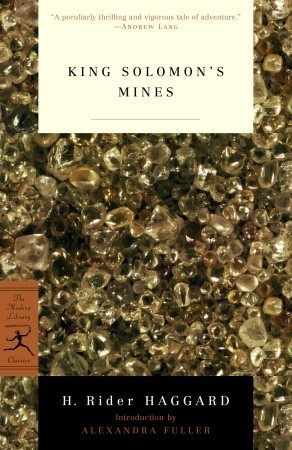
King Solomons Mines
King Solomon’s Mines is the story of the leader Allan Quatermain and his adventurous group of followers on their mission to find the lost brother of an aristocrat, Sir Henry Curtis. Considered similar to Robert Louise Stevenson’s novel Treasure Island, Haggard’s book proved to be another must-read adventure novel in the international literary world. The African desert hides underneath its sands myths and legends that lasted for centuries in the minds of the locals. Quatermain has a mysterious map that could lead to the ancient mines of the wise King Solomon. The road to discovery is not easy, and the group of adventurers must pass through dangerous and life threatening situations. They are taken prisoner by a local tribe ruled by King Twala, a violent and cruel person who wove his path to the throne by killing his brother and abandoning his sister-in-law in the hot sun of the African desert. The novel presents a whole series of furious battles between the Englishmen and the indigenous tribes, in the end the road to King Solomon’s mines being revealed by the maleficent Gagool. The mysteries deepen when Quatermain discovers the body of the adventurer who drew the map to these mines in his own blood.
-
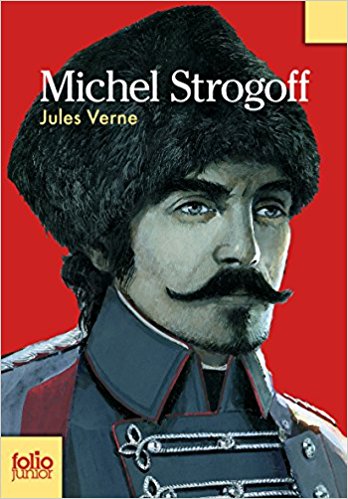
Michael Strogoff
This is the account of the perilous mission of Michael Strogoff, courier for Czar Alexander II, who is sent from Moscow to the besieged city of Irkutsk, where the governor, brother of the Czar, has taken his last stand against a Tartar rebellion led by the fearsome Feofar-Khan. When telegraph lines are cut between the Russian Far East and the mainland, Strogoff must make his way through hostile territory to warn the governor of the return of the traitor Ivan Ogareff, a disgraced former officer who seeks vengeance against the Tsar’s family by the destruction of Irkutsk.
-
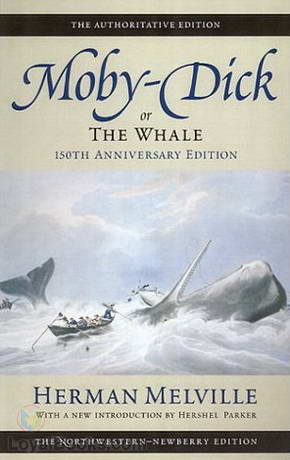
Moby Dick
“Call me Ishmael” is one of the most famous opening lines in American literature. With these words, opens one of the strangest and most gripping stories ever written about the sea and sea-faring. Moby Dick by Herman Melville is today considered one of the greatest novels written in America but paradoxically, it was a miserable failure when it first made its debut in 1851. Entitled Moby Dick or The Whale the book finally got its due after the author's death and is now regarded as a classic portrayal of mania and fatal obsession. The narrator, Ishmael, travels to New Bedford, Massachusetts, to find a place on a whaling ship. He lodges at a seedy inn where he is forced to share a room with a strange old character, Queequeg, who was a harpooner. Despite his initial revulsion of Queequeg, Ishmael decides to join him in looking for work together. They reach Nantucket, the traditional center of whaling, where they find a berth on the Pequod, a bizarre vessel adorned with the skeletons and teeth of whales. The captain, Ahab, a mysterious figure, does not appear immediately. Later, they come to know that he is on board, recovering from losing a leg on his last voyage having escaped death narrowly following an encounter with a massive sperm whale.
-
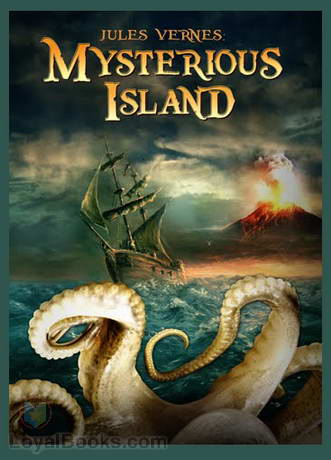
Mysterious Island
The Mysterious Island is another exquisite novel written by the master of adventure writing, Jules Verne. The novel has been seen as the sequel to two other famous novels written by the same author: Twenty Thousand Leagues Under the Sea and In Search of the Castaway. The story revolves around five Americans who live in a dark and harsh environment as prisoners of the American Civil War. Depleted by famine and death all around them, the five war prisoners take a big risk and escape by hijacking a hot air balloon. The five fugitives, an engineer, a servant, a former slave, a sailor and a journalist have to face an ugly and destroying storm, crashing on a mysterious volcanic island.
-
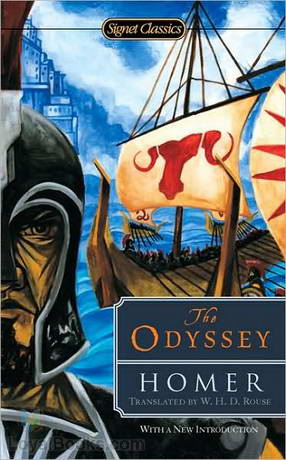
Odyssey
Sing to me of the man, Muse, the man of twists and turns driven time and again off course, once he had plundered the hallowed heights of Troy. So begins Robert Fagles' magnificent translation of the Odyssey, which Jasper Griffin in The New York Times Review of Books hails as "a distinguished achievement." If the Iliad is the world's greatest war epic, then the Odyssey is literature's grandest evocation of everyman's journey though life. Odysseus' reliance on his wit and wiliness for survival in his encounters with divine and natural forces, during his ten-year voyage home to Ithaca after the Trojan War, is at once a timeless human story and an individual test of moral endurance. In the myths and legends that are retold here, Fagles has captured the energy and poetry of Homer's original in a bold, contemporary idiom, and given us an Odyssey to read aloud, to savor, and to treasure for its sheer lyrical mastery.
-
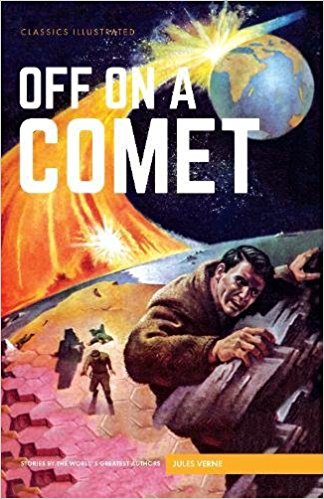
Off on a Comet
The story starts with a comet that touches the Earth in its flight and collects a few small chunks of it. Some forty people of various nations and ages are condemned to a two-year-long journey on the comet. They form a mini-society and cope with the hostile environment of the comet (mostly the cold). The size of the 'comet' is about 2300 kilometers in diameter - far larger than any comet or asteroid that actually exists.
-
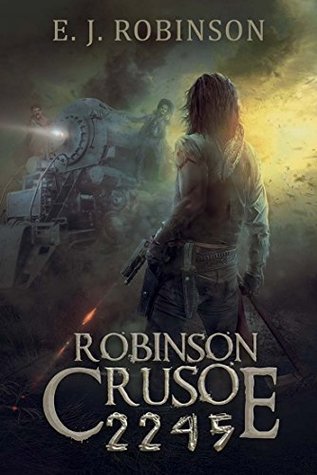
Robinson Crusoe
Robinson Crusoe is perhaps the most famous castaway of all time. Whilst many of us have not read Defoe’s iconic book, Robinson Crusoe is a character that is familiar to us all. Aided by the hundreds of movies and theatre productions that the book spurned, Crusoe is a household name. Credited with being the first "real fiction" book, this fictional autobiography tells the tale of a young man who found himself shipwrecked on a remote island for 28 years. The story is said to be based on the dramatic life of Alexander Selkirk, a Scottish castaway who lived alone for four years on a Pacific island. With a recent trend in reality TV shows based on survival and being "castaway", everybody has ideas on how they would cope alone in the wild. So, why read this novel if we think we know best? The truth is, Defoe’s portrayal of the trials and tribulations of Crusoe give raw insight into the reality and loneliness of having no companionship and no hope. Described by Samuel T. Coleridge as "The Universal Man", there is certainly lots to admire, whether you like the character or not. Many imitations have been written over the years but nothing grabs the reader quite as much as Defoe’s tales of solitude and desperation.
-
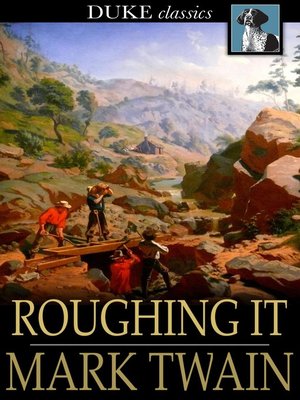
Roughing It
The semiautobiographical travel memoir records Twain’s, more or less, personal journey across the Wild West in search of adventure while exploring variable locations. Accompanying his brother on what becomes a trip of a lifetime, the young Samuel Clemens finds himself in many different vocational roles as he explores and observes the magnificence of the American West. Not refraining from the usual social commentary, Twain directs criticism on various social and moral issues which he approaches through his sly and witty style. Presented in a first person narration, Roughing It serves as an instrument allowing a momentary escape from modern society and the chance to experience the true nature of the Wild West, with images of mining, gold prospecting, and the grandeur of untouched wilderness. The novel begins with the young narrator travelling to Nevada to assist his brother Orion Clemens, who has been appointed to a government position, and is required to move west.
-
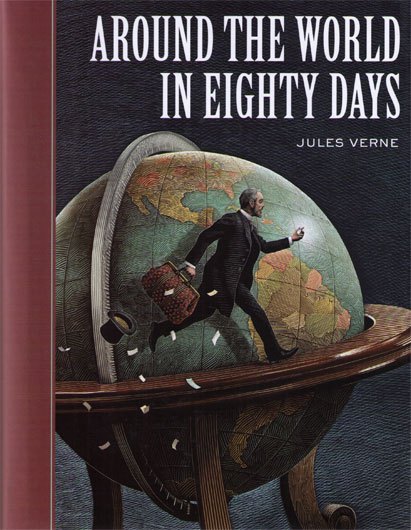
Round the World in Eighty...
"To go around the world...in such a short time and with the means of transport currently available, was not only impossible, it was madness" One ill-fated evening at the Reform Club, Phileas Fogg rashly bets his companions £20,000 that he can travel around the entire globe in just eighty days - and he is determined not to lose. Breaking the well-establised routine of his daily life, the reserved Englishman immediately sets off for Dover, accompanied by his hot-blooded French manservant Passepartout. Travelling by train, steamship, sailing boat, sledge and even elephant, they must overcome storms, kidnappings, natural disasters, Sioux attacks and the dogged Inspector Fix of Scotland Yard - who believes that Fogg has robbed the Bank of England - to win the extraordinary wager. Around the World in Eighty Days gripped audiences on its publication and remains hugely popular, combining exploration, adventure and a thrilling race against time. Michael Glencross's lively translation is accompanied by an introduction by Brian Aldiss, which places Jules Verne's work in its literary and historical context. There is also a detailed chronology, notes and further reading
-

The Black Tulip
The Black Tulip, written by Alexandre Dumas père and published in 1850, is a historical novel placed in the time of Tulipmania in the Netherlands. The novel begins with the 1672 politically motivated mob lynching of the de Witt brothers and then follows the story of Cornelius van Baerle, godson of Cornelius de Wit. Cornelius Van Baerle has joined the race to breed a truly black tulip – and to win the prize of 100,000 guilders, as well as fame and honour. As he nears his goal he is jailed and then of course rescued – by the beautiful Rosa, daughter of the jailer.